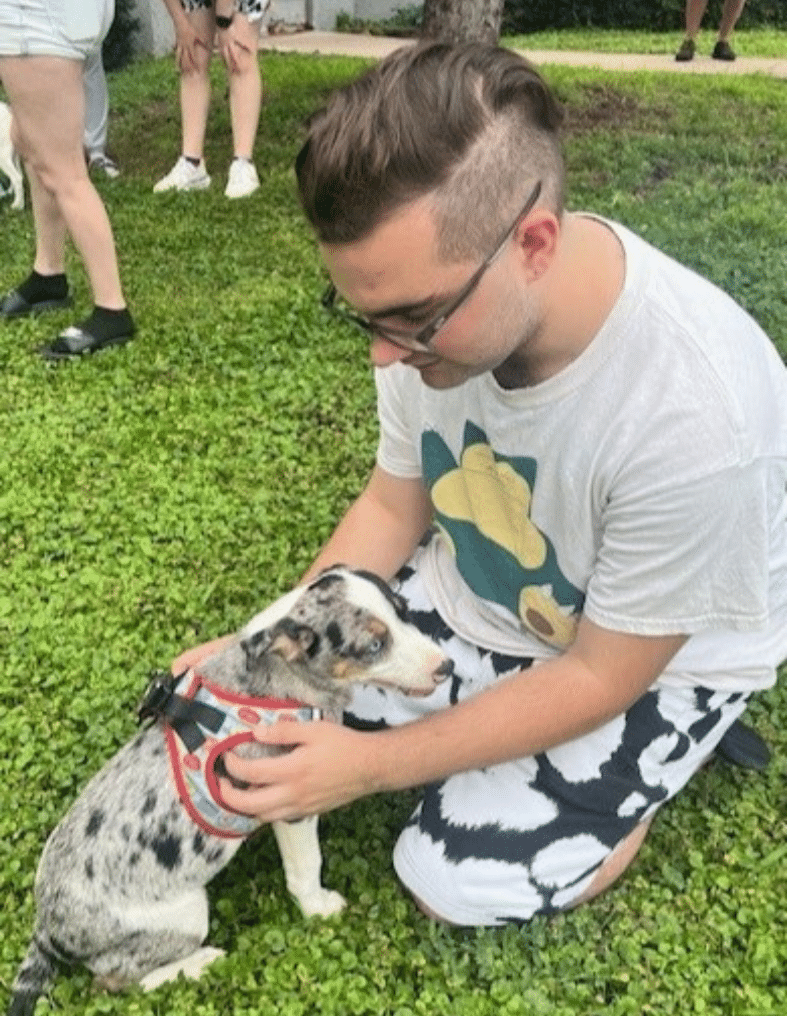Tips for Daily Life
Here are ten tips to help with daily life when you have an FASD.
Do one thing at a time. If you have a big job, like cleaning your kitchen, start with one part, like picking up dirty dishes. This can make things feel easier.
Draw pictures or use lists to outline what you need to do. Seeing what’s next can help you remember and stay on track.
If you start to feel upset or tired, take a short break. Go outside or do something you enjoy to help you feel better.
Try role-playing conversations with a friend or family member. This can help you feel more comfortable when talking to others.
Do things at the same time every day. Having a routine can make it easier to remember what to do and when.
If you don’t understand something, it’s okay to ask someone for help. Find someone who can explain things in a way that makes more sense to you.
Find a calm place to go when things are too noisy or overwhelming. This can help you feel more relaxed and focused.
Start with small goals and build up. For example, if you’re working on a project, set a goal to finish just one part each day.
Keep your things in the same place so you can find them easily. Using labels or other organizational tools can help you keep track of your stuff.
If you’re feeling upset, reach out to Proof Alliance or talk to a friend or family member you trust. You can also write about how you feel. These supports can help you manage your emotions and feel more in control.

FASD Symptoms Vary.
Everyone on the FASD spectrum is affected differently. These are common symptoms people with an FASD may experience:
- Abstract Reasoning: You may find it harder to understand things that are not concrete and tangible, concepts like love or fairness.
- Generalization: Sometimes it can be tough to use what you’ve learned in one situation in a different one.
- Processing Information: It may take you longer to understand or remember things, and you might need extra time or different ways to learn.
- Sensory Processing: Sometimes, sounds, lights, or touches can feel too intense or uncomfortable.
- Executive Functioning: You may sometimes find it hard to plan tasks, stay organized or keep track of time.
- Emotional Regulation: You may have big feelings, like being really happy or really upset. It can be tough to regulate your emotions.
- Maintaining Attention: It can sometimes be tricky to focus on one thing for a long time, like at work, in school or while doing homework.
- Social Skills: Connecting and getting along with others can sometimes be hard. You might have difficulty understanding how people are feeling or how to join conversations. Remember, you have many strengths that make you unique, and you deserve good friendships and support along your journey. Proof Alliance is here to support you.

Connect with Others Who Understand
Having an FASD can be isolating at times. Connect with others who understand by joining Proof Alliance events and activities where you’ll meet people who share similar experiences and build a support network of friends who get what you’re going through.
“All the groups have made such a difference in my life and I really appreciate all you do. Thank you for all your support.” – Proof Alliance program participant since 2019 (pictured left)

Get to Know Proof Participants
Click on the links below to learn more about some of your fellow self-advocates who attend Proof Alliance support groups.
What can we help
you with today?
I want:





